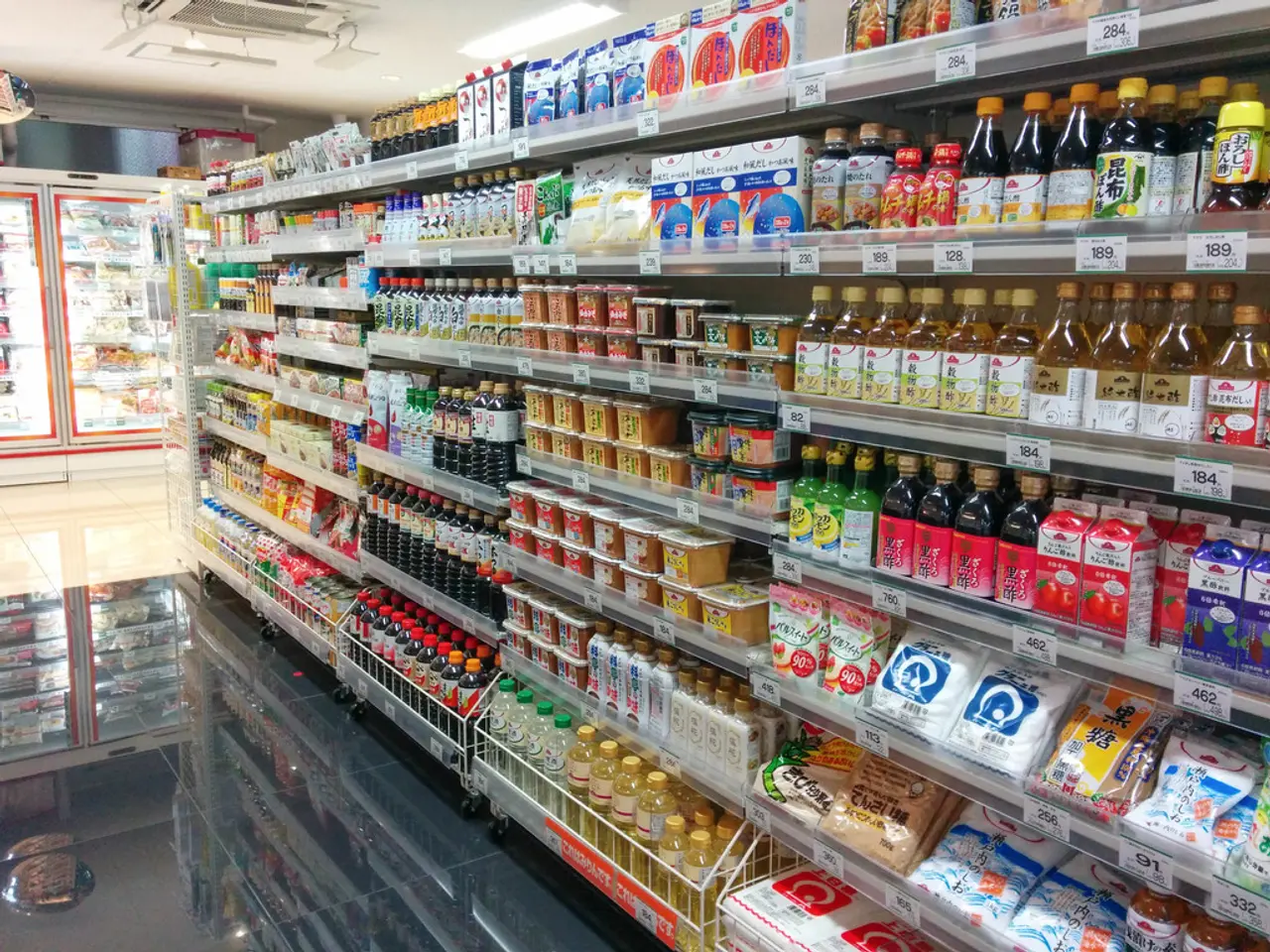Small Business Owners Sound Alarm on Tariff Challenges
Small business owners have been vocal about the challenges they face due to tariffs, with nearly 70 sharing their struggles in media interviews that have generated over 6,000 news stories. The retail industry and consumers are feeling the pinch, as higher prices and reduced inventory are becoming commonplace.
Jared Hendricks of Village Lighting Company and Jess Nepsted of Planetary Design are among those who have taken their concerns directly to lawmakers. The frequent and sporadic changes in tariff rates are causing uncertainty and increasing costs for retailers. Small and medium-sized businesses are particularly vulnerable, struggling to absorb added expenses without raising prices or risking closure.
The National Retail Federation has been actively advocating for small retailers. Through its grassroots network, it has sent over 1,600 messages to members of Congress, urging them to consider the real-world impact of tariff policies. Matthew Shay, the President and CEO of the National Retail Federation, has worked to amplify the voices of small retailers in Washington, D.C. Monthly fly-in events have resulted in over 150 meetings with congressional offices and key administration officials to share the impact of tariffs on small businesses. However, only 22% of tariff costs have been passed on to consumers so far, according to a Retail Economic Perspective report.
The voices of small business owners are being heard in Washington, D.C., thanks to the efforts of the National Retail Federation. Despite this, consumers are still bearing a significant portion of the tariff costs. As the retail industry continues to face challenges, it is crucial for lawmakers to consider the real-world impact of tariff policies.
Read also:
- THW Marks 75 Years of Saving Lives at Home and Abroad
- Kazakhstan's National Bank Boosts Currency Sales to $1.4 Trillion in Q4
- Federal petition from CEI seeking federal intervention against state climate disclosure laws, alleging these laws negatively impact interstate commerce and surpass constitutional boundaries.
- Duty on cotton imported into India remains unchanged, as U.S. tariffs escalate to their most severe levels yet








